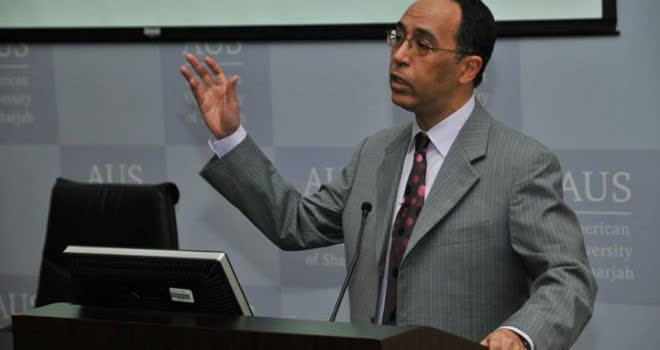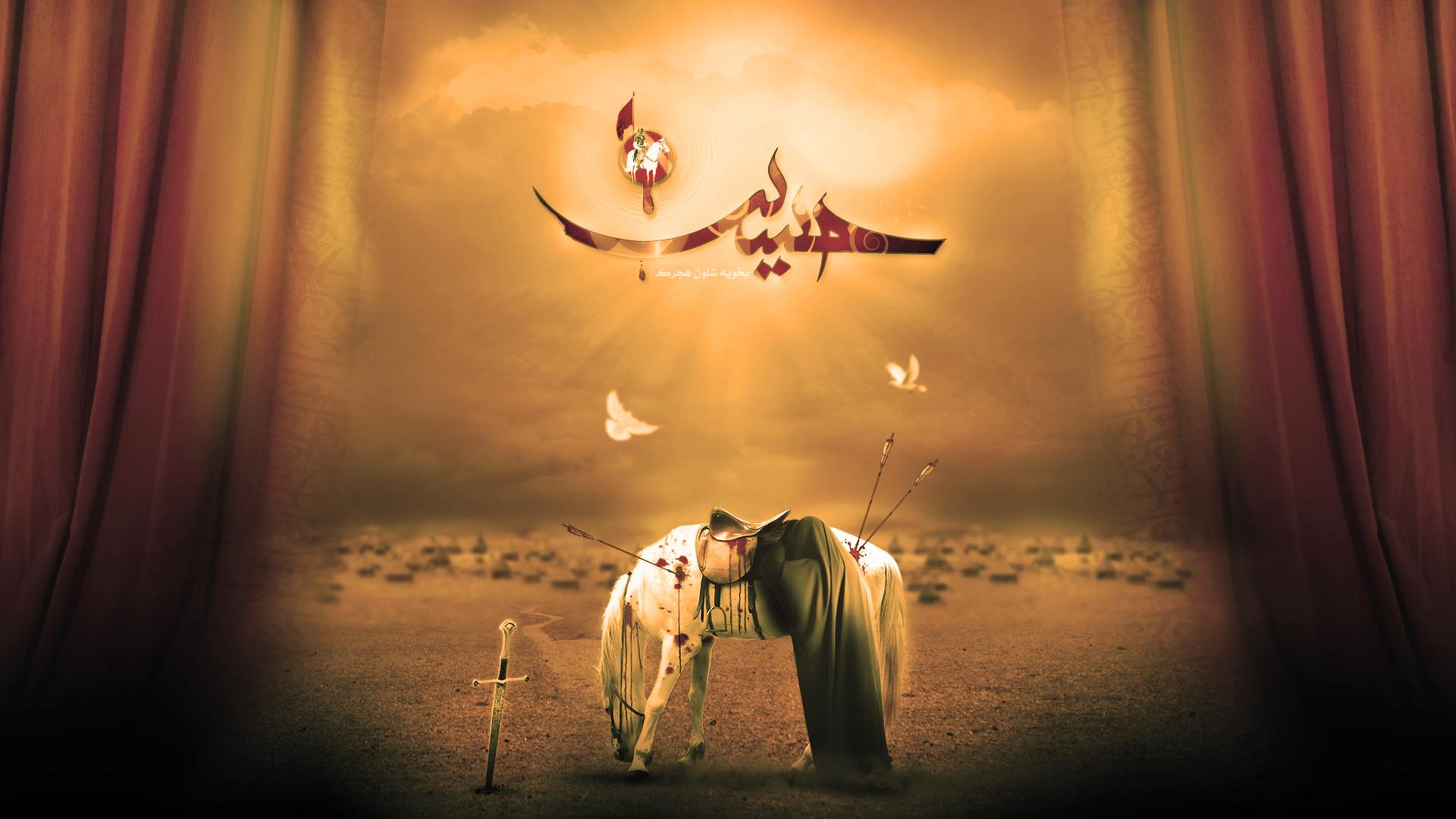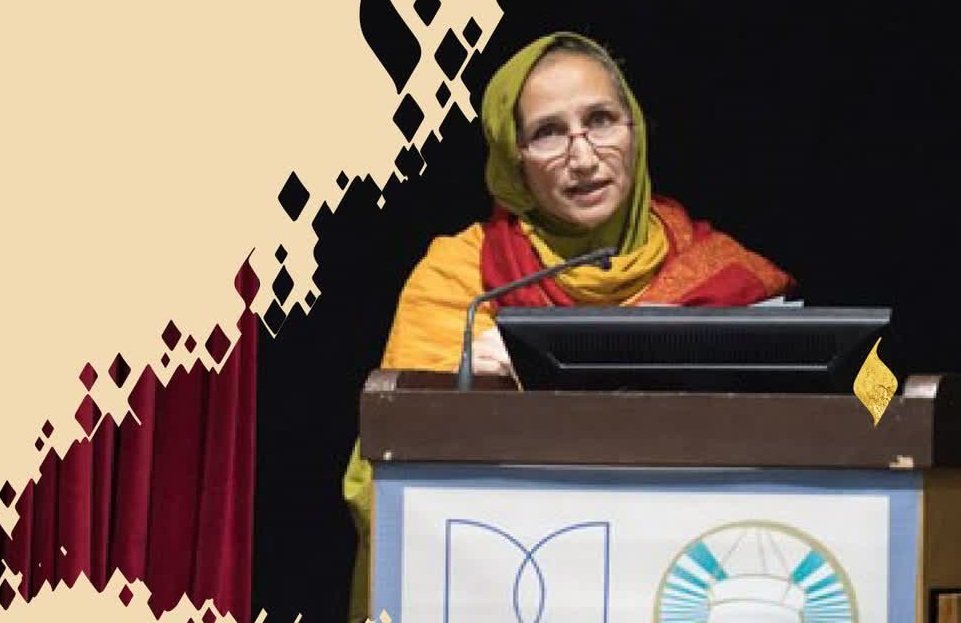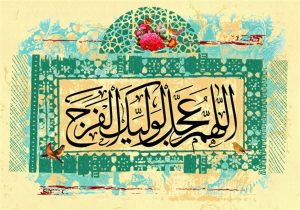According to rahyafte (the missionaries and converts website):Professor Nidhal Guessoum is a prominent physicist with a deep interest in astrophysics, cosmology, and the intersection of science and Islam. Born in Algeria, he has become known for his significant contributions to both the scientific and Islamic communities.
Educational Background:
Nidhal Guessoum pursued his academic journey with a passion for the mysteries of the universe. He earned a Bachelor’s degree in Mathematics and Physics from the University of Algiers, followed by a Ph.D. in Theoretical High-Energy Astrophysics from the Pierre and Marie Curie University (Paris VI) in France. His doctoral research focused on topics related to gamma-ray bursts and black hole physics.
Work in Astrophysics and Cosmology:
Prof. Guessoum’s career in astrophysics and cosmology has been marked by research and publications in some of the most challenging and profound aspects of the universe. He has worked on topics ranging from the study of massive stars and gamma-ray bursts to the nature of dark matter and dark energy. His scientific contributions have been recognized internationally, and he has published numerous research papers in reputable scientific journals.
Exploring the Relationship Between Science and Islam:
Beyond his achievements in astrophysics, Prof. Nidhal Guessoum is known for his dedication to exploring the relationship between science and Islam. He has been a vocal advocate for reconciling scientific discoveries with Islamic beliefs and promoting scientific literacy within the Muslim world.
Islamic Astronomy:
One of Prof. Guessoum’s notable interests is Islamic astronomy. He has delved into the historical contributions of Islamic scholars to the field of astronomy during the Islamic Golden Age. Islamic astronomers like Ibn al-Haytham, al-Biruni, and Nasir al-Din al-Tusi made significant advancements in this area, which have had a lasting impact on our understanding of the cosmos.
Prof. Guessoum has not only highlighted these historical achievements but has also emphasized the importance of revitalizing the study of astronomy within the Muslim world. He believes that fostering an appreciation for astronomy can help bridge the gap between science and religion and promote scientific curiosity among Muslims.

Promoting Science Education:
In addition to his academic and research pursuits, Prof. Guessoum has been actively involved in science education and outreach. He has written extensively on the need for science education reform in Muslim-majority countries and has advocated for the inclusion of critical thinking and scientific principles in educational curricula.
Publications:
Prof. Guessoum’s dedication to the dialogue between science and Islam is evident in his publications. He has authored books such as “Islam’s Quantum Question: Reconciling Muslim Tradition and Modern Science” and “The Young Muslim’s Guide to Modern Science,” both of which address the compatibility of science and Islam.
Conclusion:
Professor Nidhal Guessoum’s life and work embody the harmonious coexistence of science and faith. His contributions to astrophysics, cosmology, and the discourse on science and Islam have enriched both fields, and he continues to be a respected voice advocating for scientific inquiry, critical thinking, and a nuanced understanding of the relationship between science and religion within the Muslim world and beyond.




















I enjoy looking through an article tat will mzke
men and women think. Also, thank yyou forr permitting me tto comment!